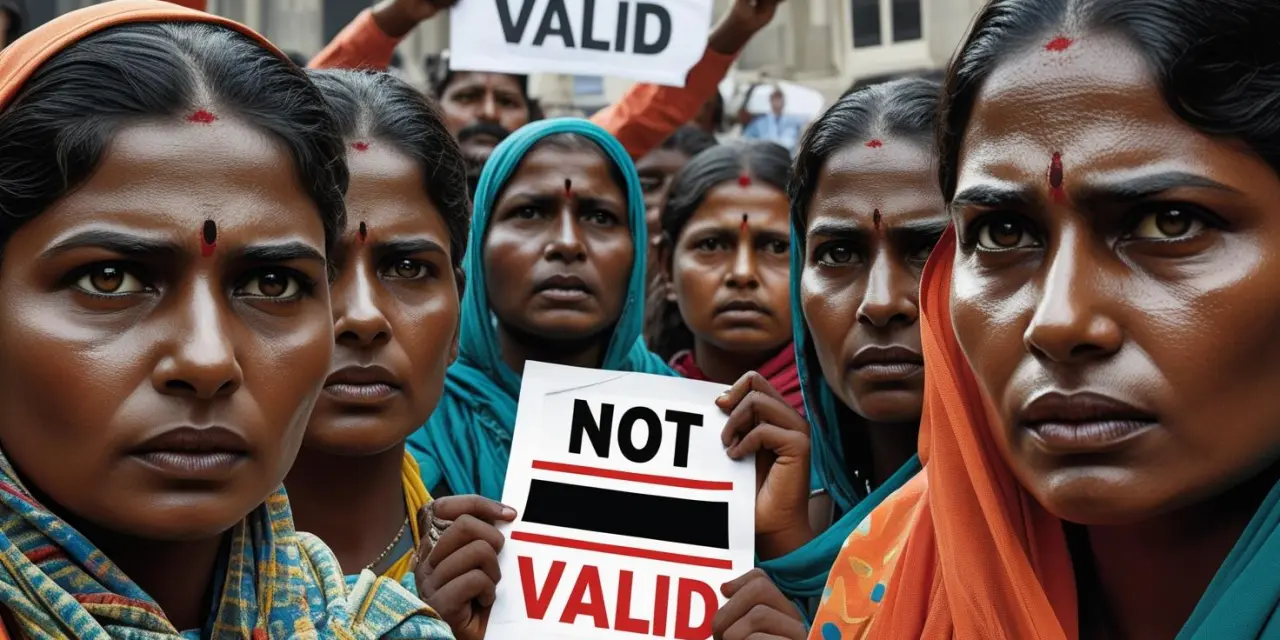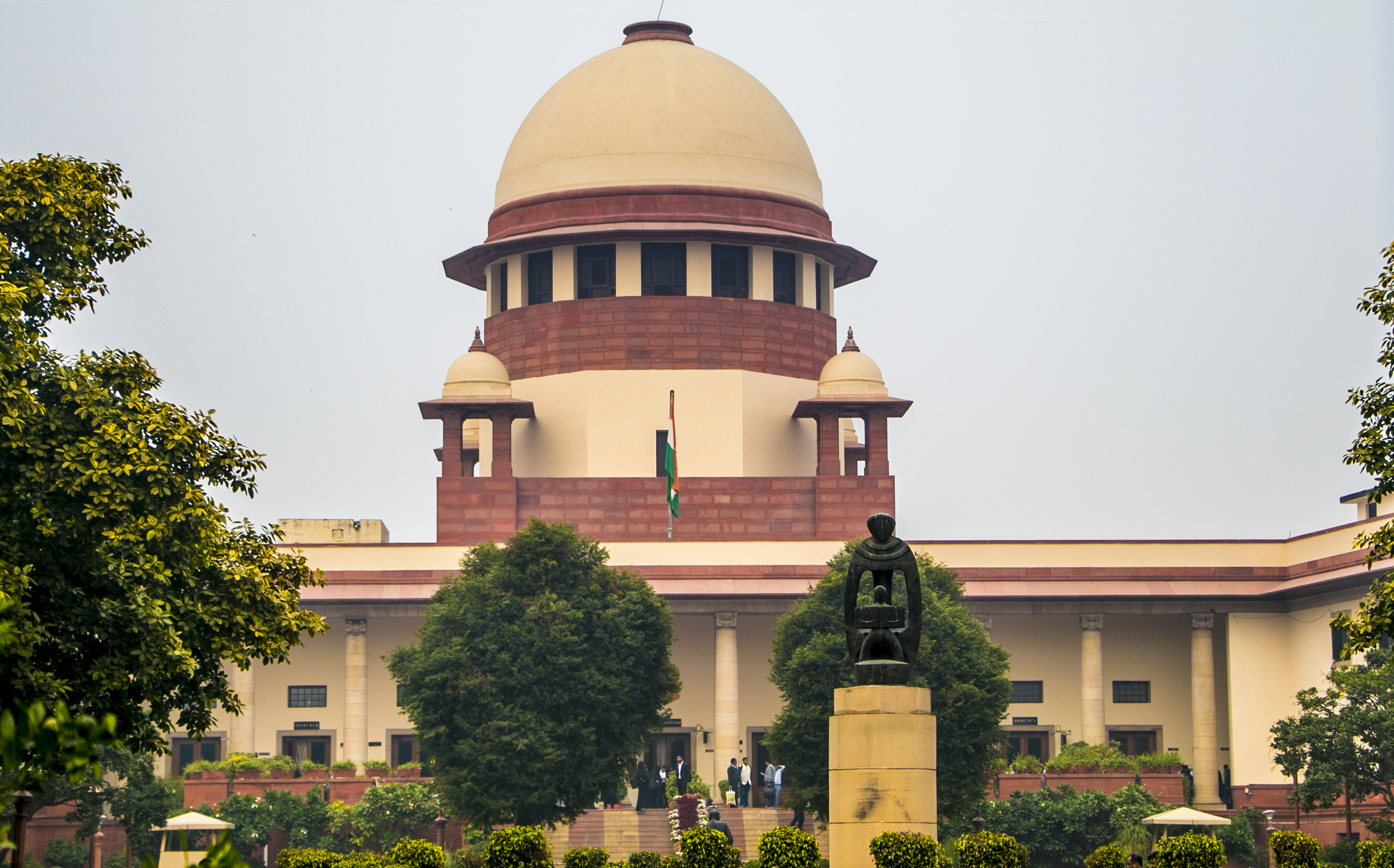Termination of Anganwadi Karyakarti on the ground of having more than two children : Not Valid

Bombay High Court’s Decision in Smt. Pushpa v. State of Maharashtra and its Implications
In a significant ruling by the Bombay High Court, clarifies the legal position regarding disqualification due to family size under service law.
Background of the Case
Smt. Pushpa, the petitioner, was terminated from her position as an Anganwadi Karyakarti on the grounds that she had more than two children. The termination order relied on the Maharashtra Civil Services (Declaration of Small Family) Rules, 2005, which disqualifies individuals from appointment or continuation in service if they have more than two children born after the promulgation of these rules.
Key Legal Provisions
The Maharashtra Civil Services Rules, 2005, specifically Rule 3, includes a proviso that exempts individuals from disqualification if their children were born before the commencement of the rules on March 28, 2005. Smt. Pushpa’s case hinged on this proviso, as all her three children were born before this date.
Court’s Observations
Justice S. G. Chapalgaonkar, presiding over the case, meticulously examined the facts and legal provisions. The court noted that the petitioner had declared having only two children in her employment application and bond. However, upon complaint and subsequent inquiry, it was confirmed that she had three children, all born before the 2005 rules came into effect.
The court referred to the Supreme Court’s observations in Pawan Kumar v. Union of India, emphasizing that false declarations must be assessed reasonably, considering the nature of the post and duties involved. Importantly, the court found no suppression of facts or disqualification under the applicable law due to the birth dates of the children.
Judgment and Its Implications
The Bombay High Court ruled in favor of Smt. Pushpa, declaring the termination order unsustainable. The ruling underscores the importance of the proviso in Rule 3 of the 2005 rules, which safeguards individuals with children born before the rules’ commencement from disqualification.
This judgment provides clarity on the interpretation of service law provisions related to family size and highlights the judiciary’s role in ensuring equitable application of rules. It serves as a crucial reference for similar cases where family size norms are contested within employment law.
Conclusion
The decision in Smt. Pushpa v. State of Maharashtra is a pivotal moment in service law, affirming the protection offered by the proviso to Rule 3 of the 2005 rules. It reiterates that disqualification criteria must be applied judiciously, considering all relevant facts. Legal practitioners and individuals facing similar challenges can draw valuable insights from this case, ensuring that employment termination decisions are grounded in a fair and reasonable application of the law.
This judgment contributes to the evolving landscape of service law in India, reinforcing the principle that legal provisions must be interpreted with due regard to context and fairness, thereby safeguarding the rights of individuals under service norms.
Smt. Pushpa v. State of Maharashtra, (Bombay)(Aurangabad Bench) : Law Finder Doc Id # 2761494
This is a Premium Article
Subscribe or purchase this article to get unlimited access to our premium content.



